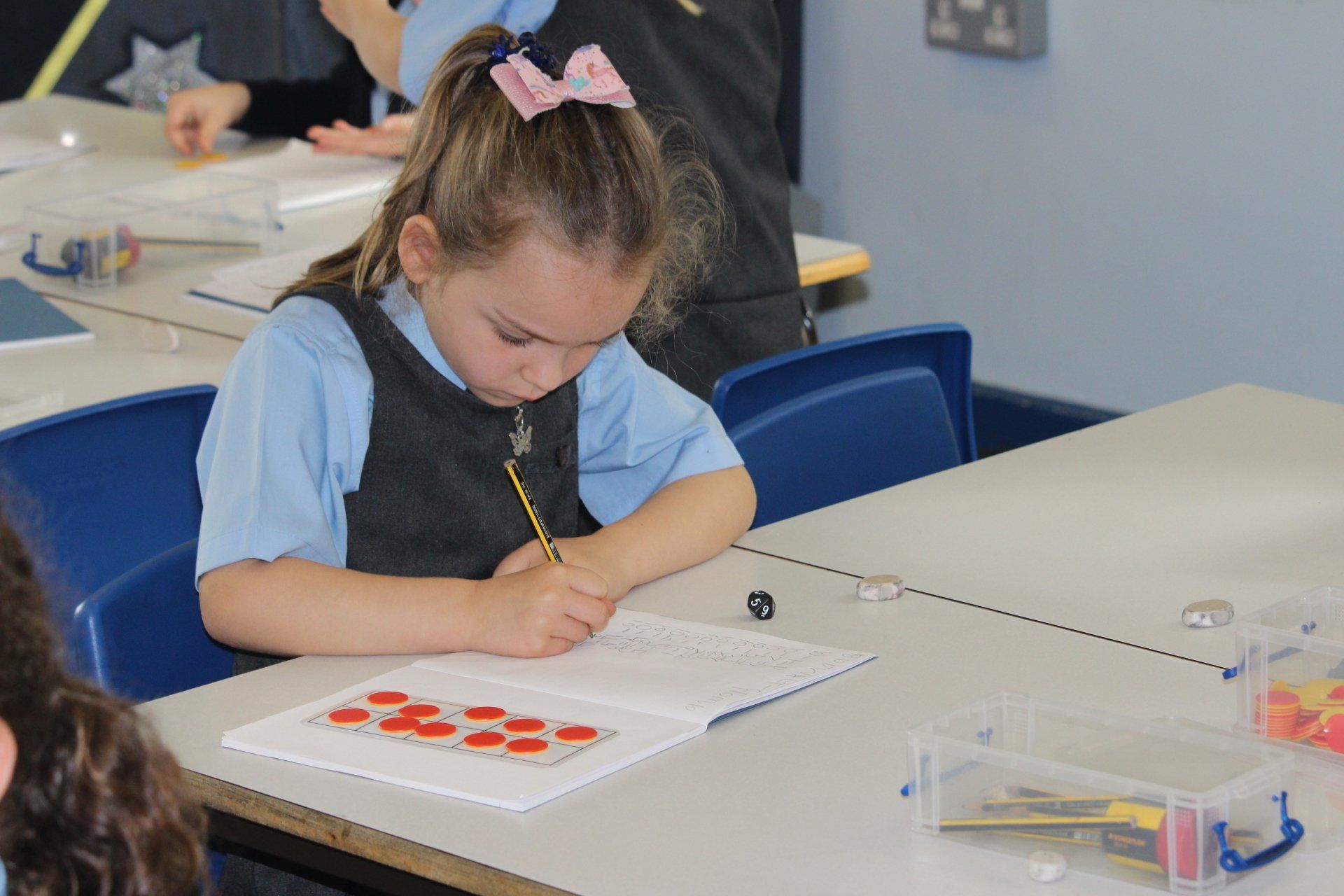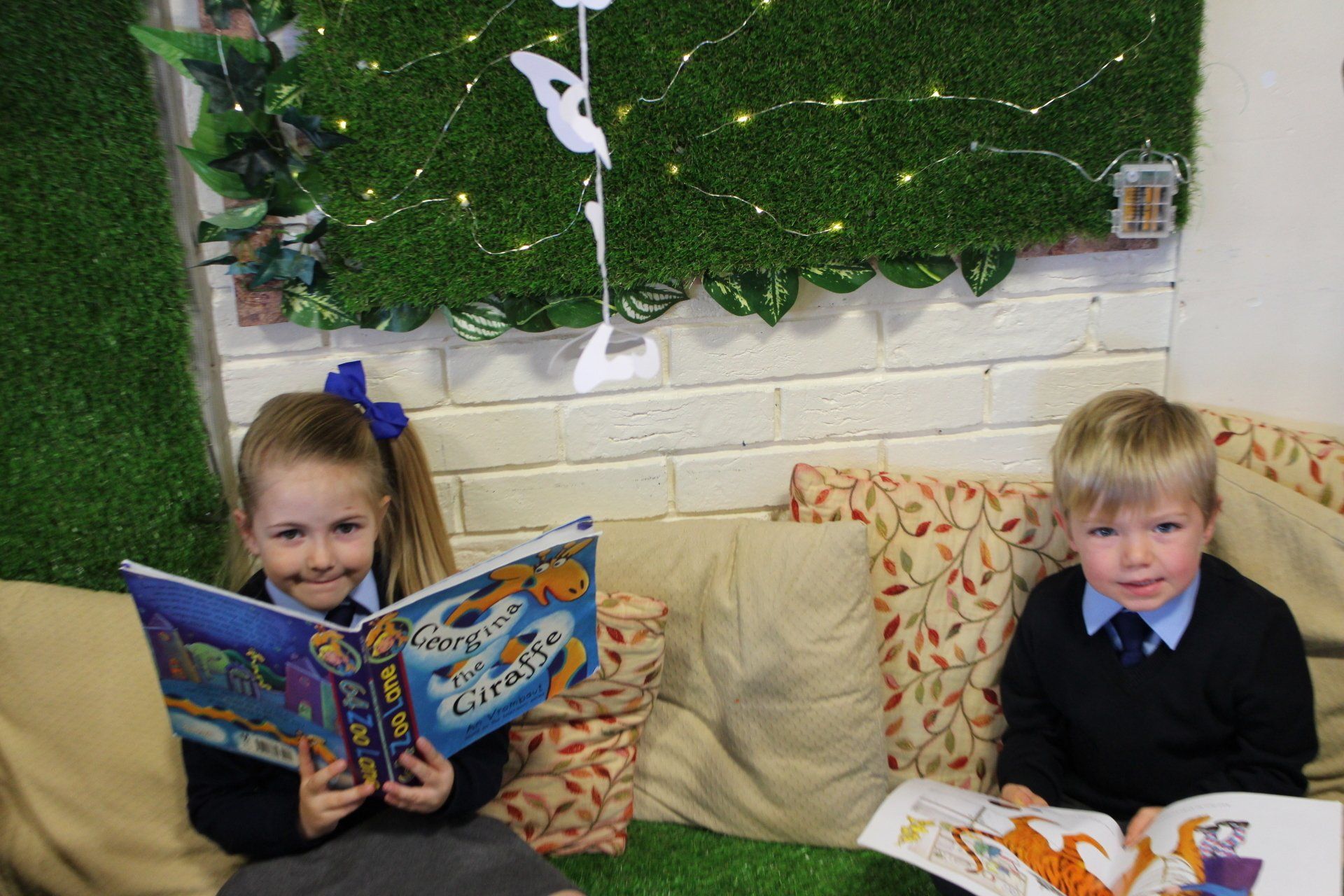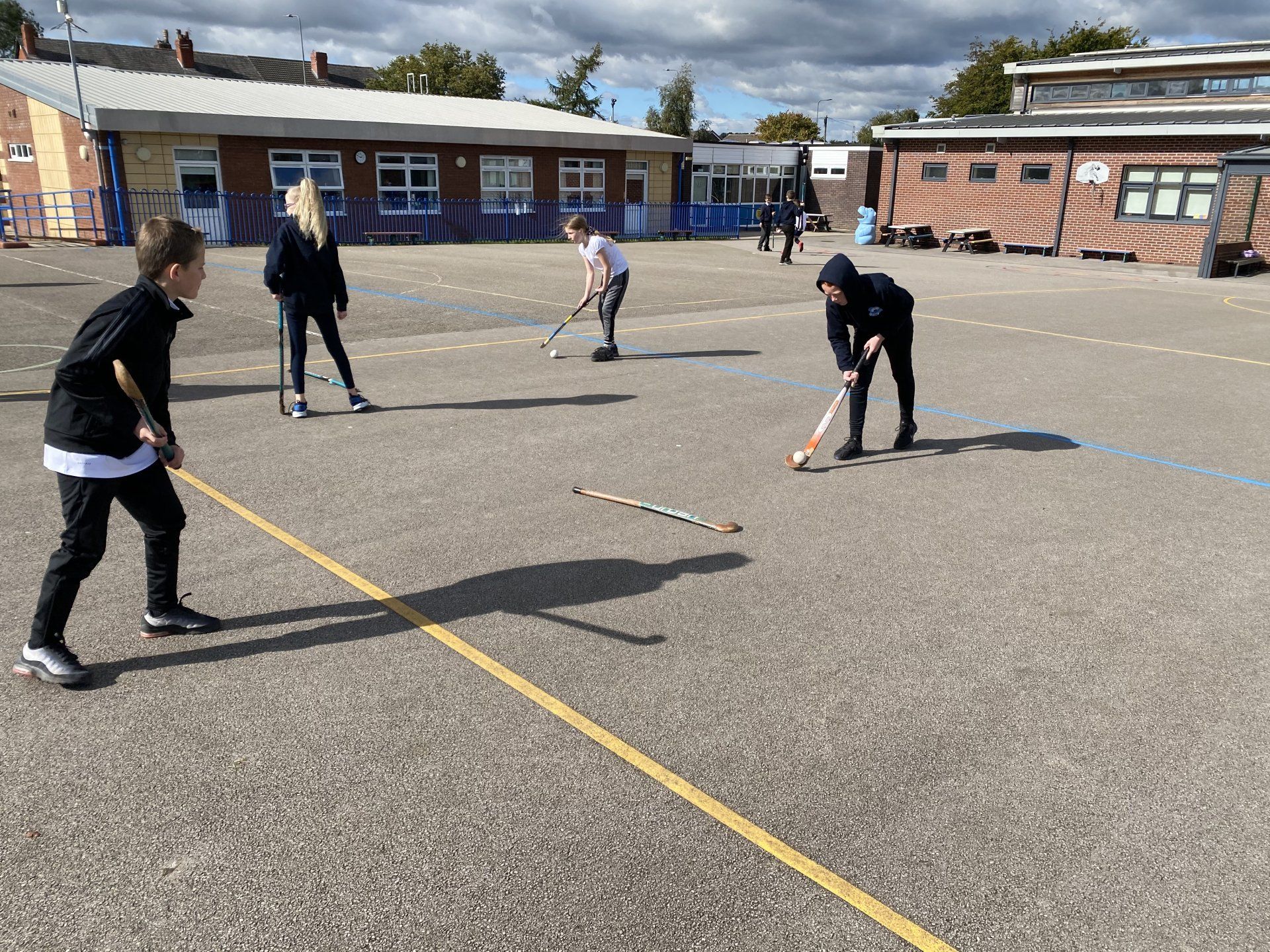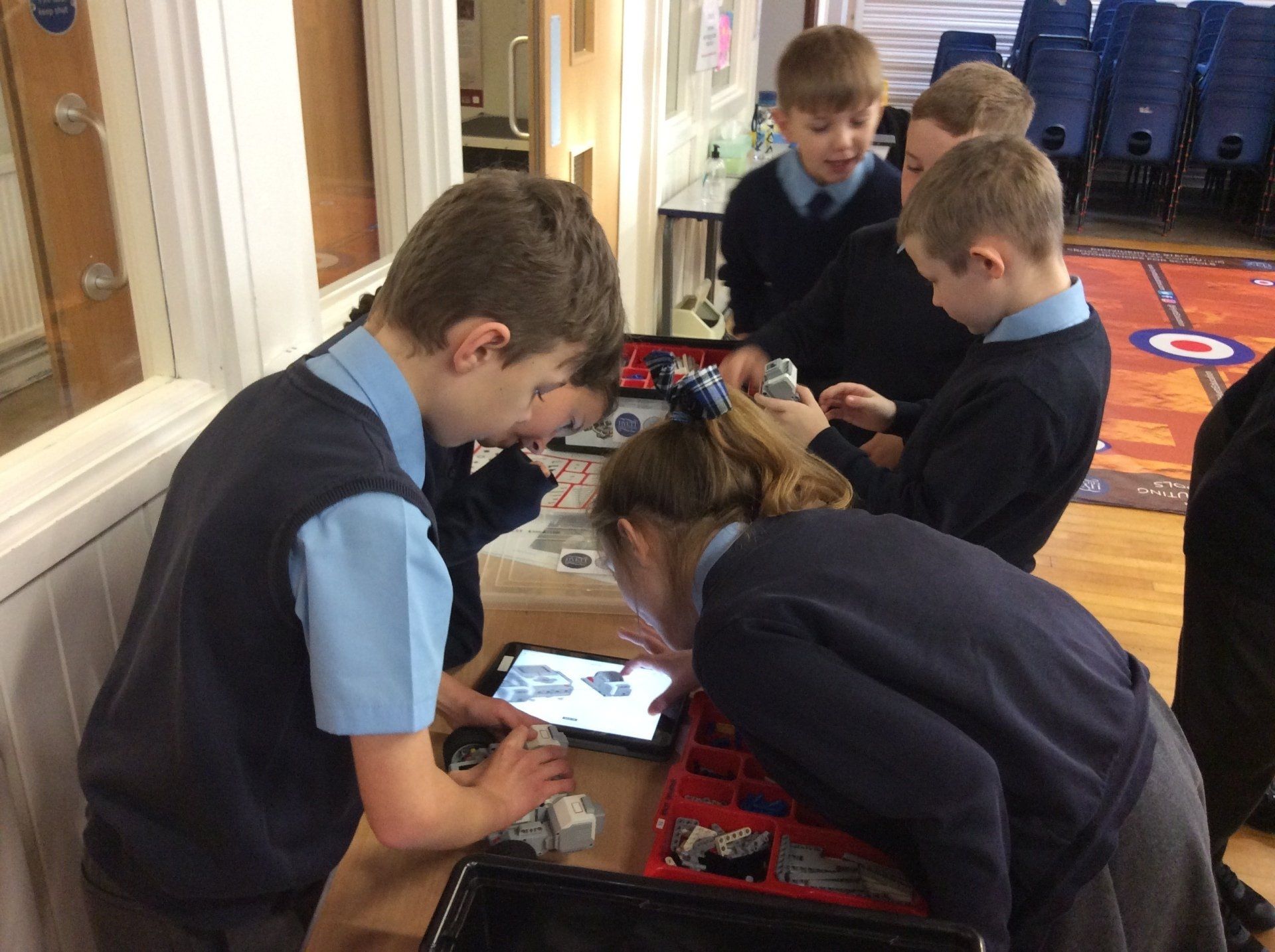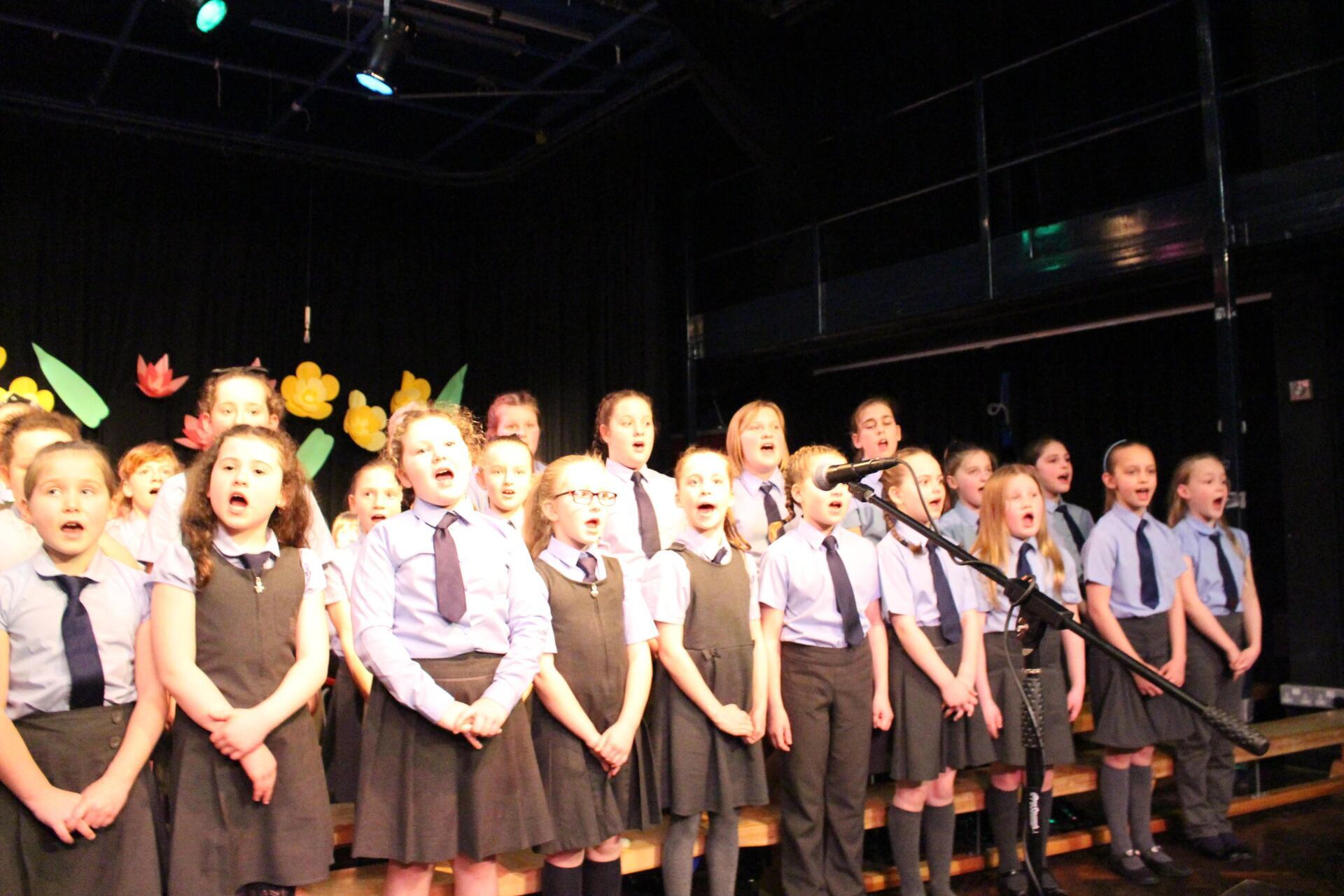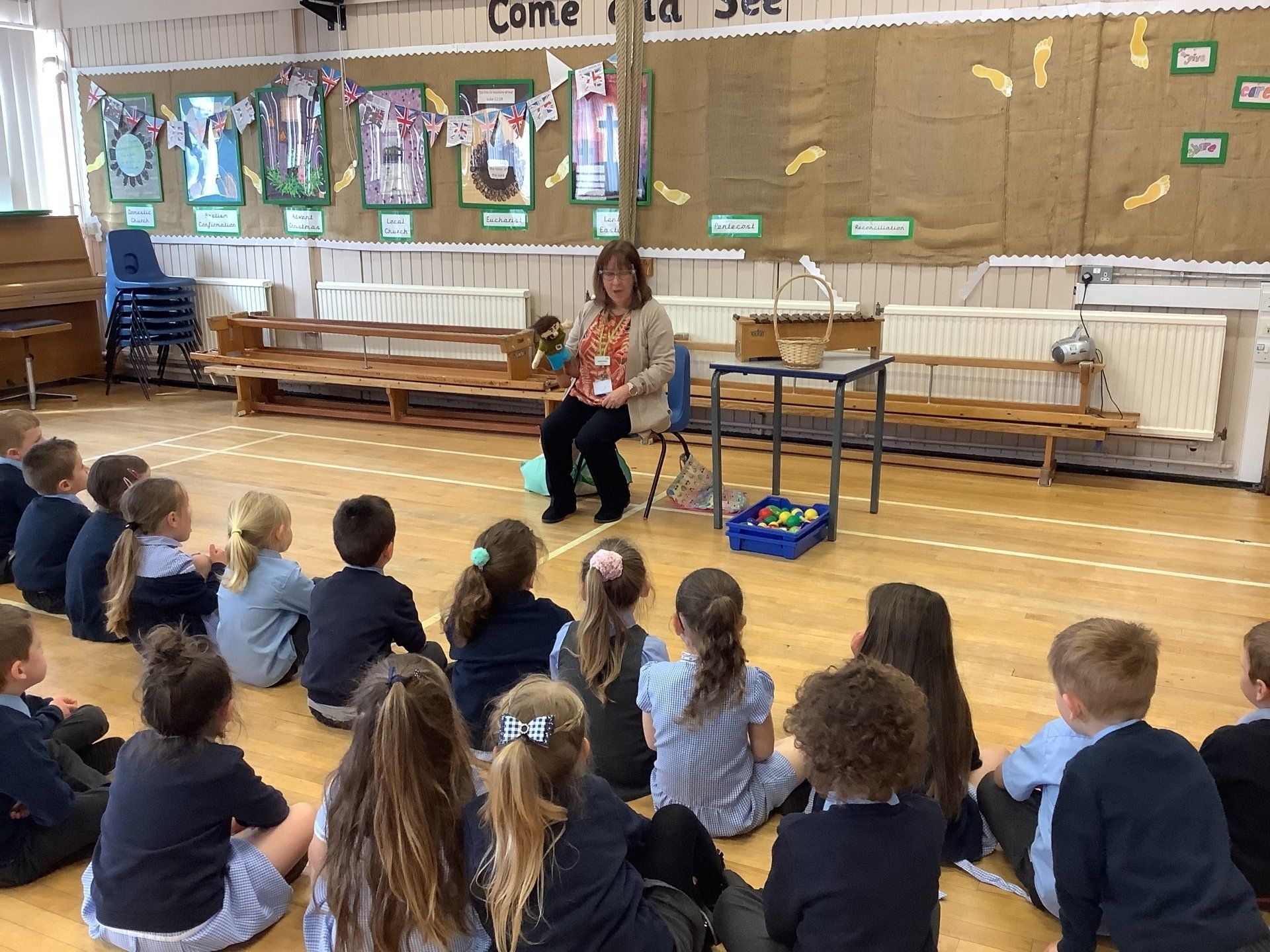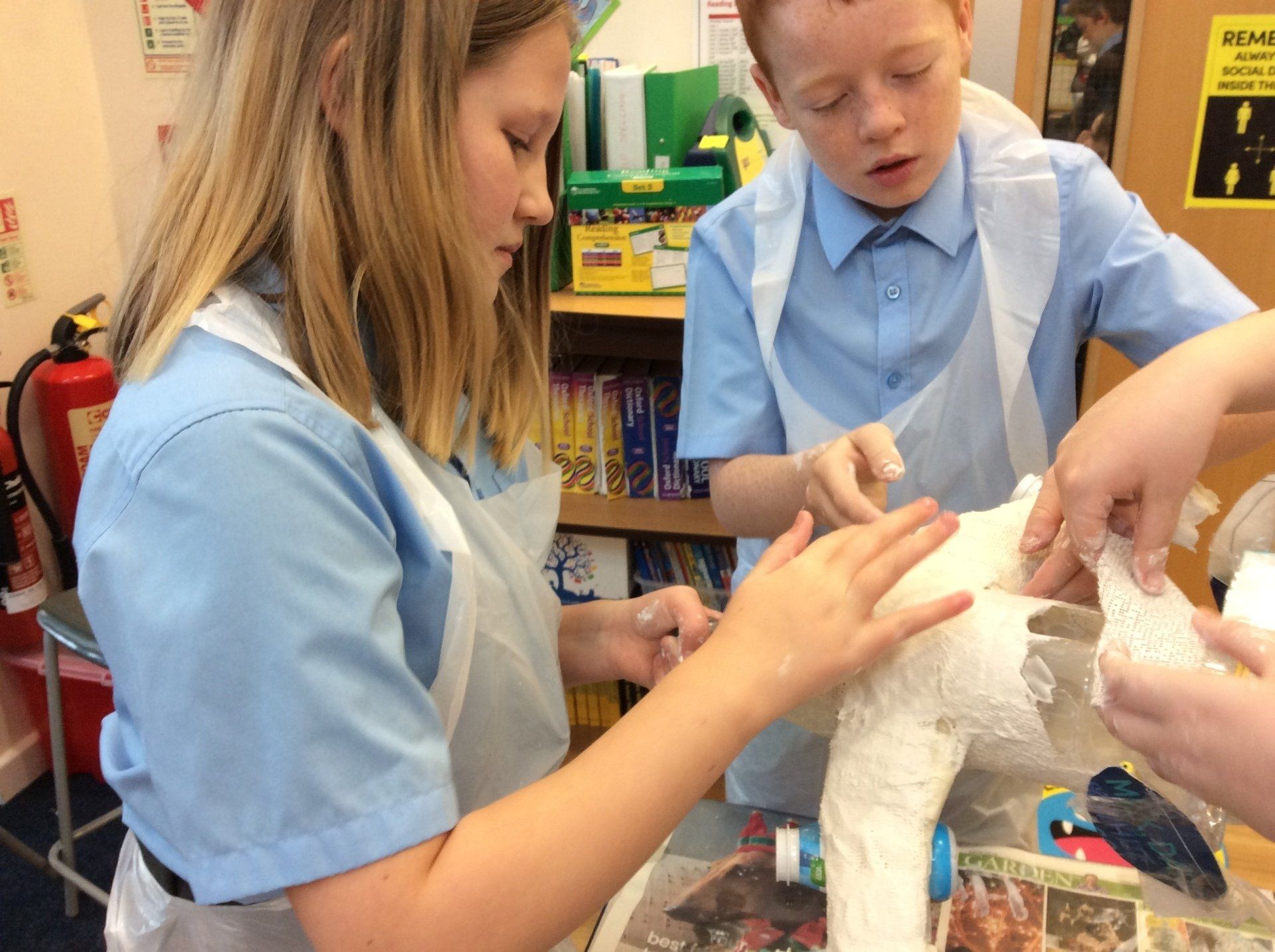Curriculum Intent Statement
Resilience
We encourage children to test their ideas and take risks, changing strategy when necessary and recognising that they can learn from their mistakes. We provide opportunities for them to seek challenge and show a ‘can-do’ attitude. We want our children to persist in an activity even when challenges occur.
Children are given guidance to help them resolve any minor issues or disputes that may arise on the playground or in other social situations. As children develop and grow, they are then able to begin to deal with these issues independently.
We ensure that children are increasingly challenged with open ended activities that require them to think more creatively and we encourage them to explain their methodology.
We strive for children to persevere and not to give up when tasks become more challenging. We want them to be able to rely on their knowledge and understanding to reason and solve problems in their academic and creative curriculum as well as a wide variety of social situations.
Independence
We have created an environment in which children are willing to ‘have a go’ with increased independence and we encourage engagement in open ended activities. We want children to maintain focus on their activity for increasing periods of time.
Routines are clearly established within the classroom and in surrounding areas so that children are supported in developing their independence in their learning and in their personal organisation.
When children are ready, expectations are raised in terms of children’s independence and trusted adults are there to support when needed. We want children to have the confidence to initial attempts without asking for help straight away.
Self-reflection
We give children time to review how well an approach works. We promote satisfaction in meeting their own goals and pride of how they accomplish something. We encourage a culture of enjoying meeting challenges for their own sake.
Children are given the tools to help them reflect more deeply on their learning and make subsequent improvements. Opportunities are threaded throughout lessons to allow children to reflect, celebrate and improve their work and our Catholic ethos, which is underpinned by Gospel values, offers opportunities for self-reflection and personal growth.
Children are encouraged to recognise and celebrate their own strengths and also to identify and address areas for improvement in their work and in their personal development.
Communication
We aim to develop children’s confidence in initiating activities. We foster an atmosphere where children can express their ideas, feelings and experiences, and offer explanations. In addition, children should be able to ask and answer questions.
We encourage children to consider mutual respect during all communication particularly with their peers and trusted adults. They are taught to respect and tolerate the thoughts and opinions of others, even if this conflicts with their own ideals. We foster a culture of listening respectfully to others so that children realise that all opinions are given equal value.
As children mature, we increasingly teach the children how communication through social media platforms can be achieved respectfully and safely.
We want children to develop the confidence to express themselves in a widening variety of contexts and situations, both academically and pastorally. We encourage them to be able to articulate with increasing detail, depth and a wider vocabulary.
Personal Organisation
From an early age, children are expected to be responsible for their own belongings. When working, we would like them to find time to check that they have everything they need for their activities and begin to be able to source equipment from around the classroom themselves.
As children develop, we encourage a greater responsibility for their own learning and their own equipment both within a lesson and in preparation for the school day. We want children to use the tools and techniques provided by school to complete tasks successfully and benefit their readiness for school and beyond.
Curiosity
We strive for our children to be excited about and explore the world around them. We hope that they will make links and notice patterns in their experiences, using their developing knowledge to make predictions.
We want them to experience awe and wonder and children are given many opportunities to ask relevant questions and find answers about what might interest them.
We aim to create active learners with enquiring minds.
Decision-making
Our curriculum gives children the chance to plan and make decisions about how to approach a task, solve a problem and reach a goal. We encourage them to understand and believe that more effort or a different approach will benefit outcomes.
We ensure that children have many opportunities across the curriculum to strengthen their decision-making skills and this is closely linked to developing their resilience.
As children develop, they will be taught that there may be more than one way of solving a problem and they are encouraged to decide which strategy best suits their learning style. Children begin to understand that there can be more than one pathway to solving a problem and that each pathway is equally valid.
We aim to encourage responsibility in the choices made, both academically and pastorally, and we want children to understand how their decisions influence outcomes.

